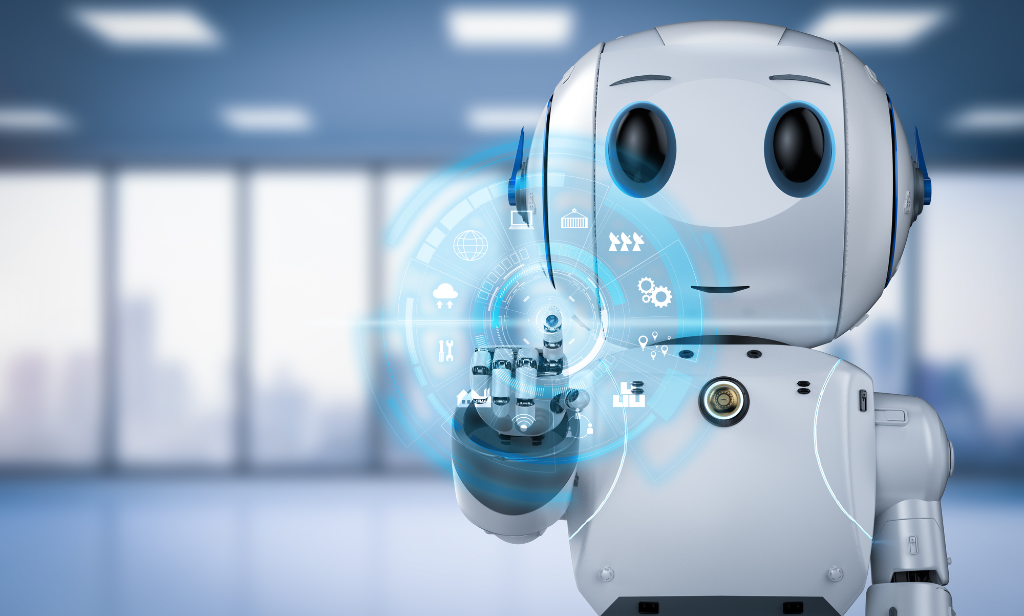88YTY News Hub
Stay updated with the latest trends and news.
Robots on the Rise: Is Your Job Next?
Discover how robots are transforming the workforce and whether your job is at risk. Find out where the future is headed!
How Automation is Reshaping the Workforce: What You Need to Know
The rise of automation has significantly transformed the workforce across multiple industries. With advances in technology, tasks that were once performed by humans are now being handled by machines and software, leading to increased efficiency and productivity. According to a McKinsey report, nearly 60% of occupations could see at least one-third of their tasks automated by 2030. This shift not only impacts job availability but also necessitates a new approach to skill development, as workers will need to adapt to an evolving landscape where technological proficiency is paramount.
As automation continues to reshape industries, it's essential for business leaders and employees to understand the implications. While some low-skilled jobs may be at risk of disappearing, others will emerge, requiring enhanced skills and adaptability. According to the World Economic Forum, the integration of automation could create 97 million new roles by 2025. This highlights the importance of investment in training and development to prepare the workforce for these changes, ensuring professionals are equipped to thrive in a tech-driven job market.

The Future of Work: Which Jobs Are Most at Risk from Robots?
The future of work is rapidly evolving, driven by advancements in technology, particularly in automation and artificial intelligence. As robots and AI systems become more sophisticated, certain jobs are more vulnerable to being replaced. According to a report by Oxford University, jobs that involve repetitive tasks and require low levels of creativity are at the highest risk. Examples of such roles include manufacturing assembly line workers, data entry clerks, and even some aspects of customer service. These positions are susceptible to automation, as machines can perform these tasks faster, more accurately, and without the need for breaks.
Conversely, professions that require complex problem-solving, emotional intelligence, and creativity are likely to remain safe from robotic takeover. As noted by World Economic Forum, roles such as healthcare professionals, creative designers, and strategic managers will continue to thrive even as automation becomes more commonplace. In preparation for an increasingly automated workplace, it is essential for workers to focus on developing skills that complement technology rather than compete with it, such as critical thinking, interpersonal communication, and innovative problem-solving.
Are You Replaceable? Assessing Your Job's Vulnerability to Automation
In the rapidly evolving landscape of technology, the question of whether you are replaceable in your job due to automation is becoming increasingly pertinent. With advancements in artificial intelligence and machine learning, many roles that once required human intellect are now at risk. According to a study by Oxford University, approximately 47% of jobs in the U.S. are at high risk of being automated in the next two decades. It's crucial for professionals to assess their job's vulnerability and understand how they can adapt to remain relevant in an automated work environment.
To determine your job's vulnerability to automation, consider the following factors:
- Industry Trends: Research your industry and see how automation is being integrated into daily operations.
- Skill Requirements: Evaluate the specific skills needed for your position and whether they are easily replicable by machines.
- Continual Learning: Invest in new skills and knowledge that machines cannot easily acquire, focusing on creativity, emotional intelligence, and other uniquely human traits.